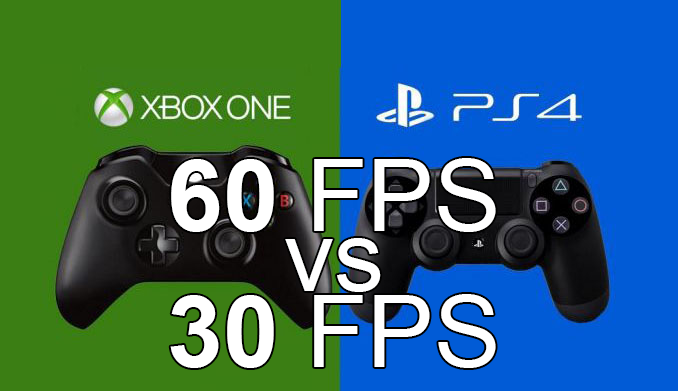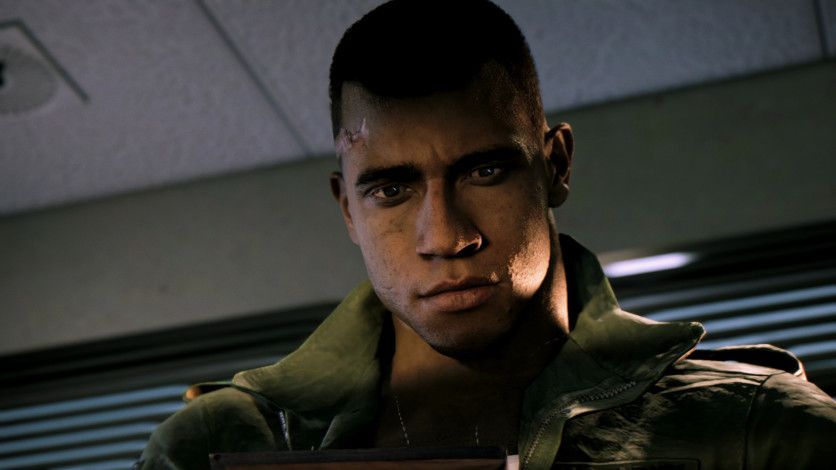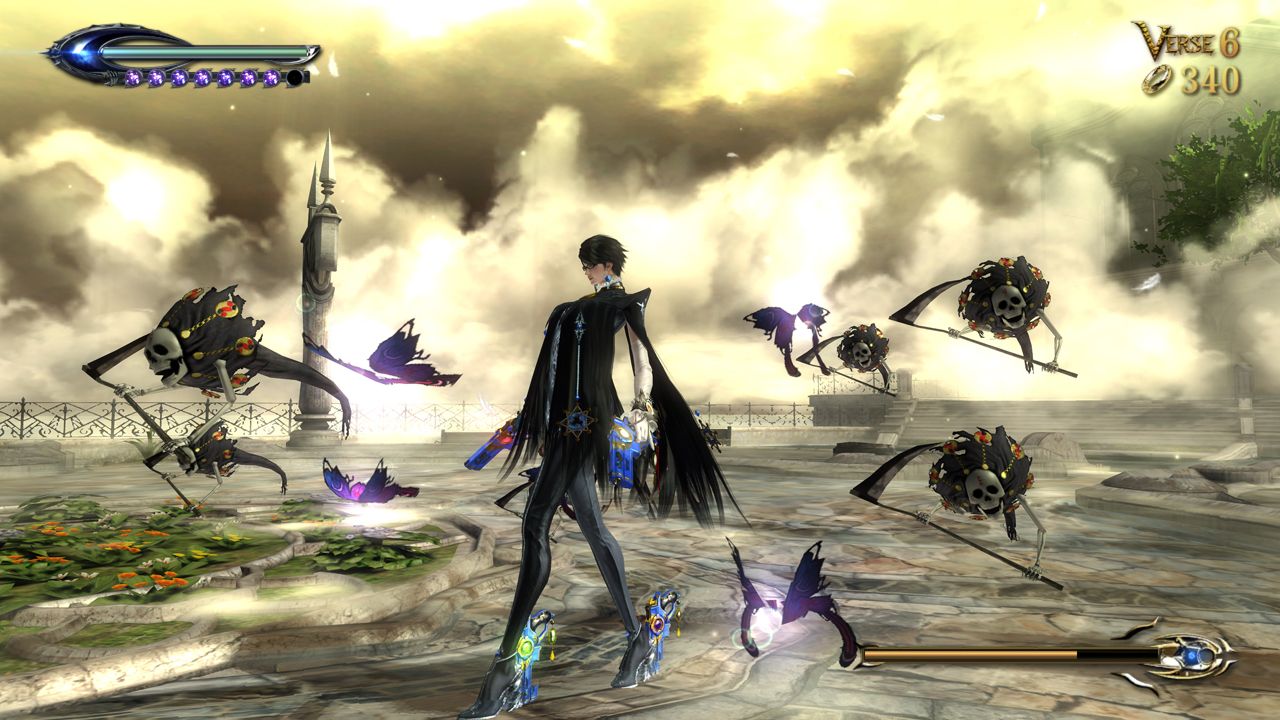The issue of frame rate comes up periodically in the gaming community, with camps mostly split between 30 and 60 frames per second. Yet, it's a much more complex dilemma than what many tend to imagine.
That said, let's get one thing out of the way: what this article isn't. Despite the unfortunate timing (but I have wanted to write this for a long time. Unfortunately this Summer the news simply didn't stop coming), this isn't a half-baked attempt to defend the launch of Mafia III on PC with a now patched out lock at 30 frames per second. The issue of frame rate on PC simply shouldn't exist.
Many gamers opt to shoulder the price tag and complications of PC gaming because it gives them more freedom in tailoring their experience. In ideal conditions, you should be able to pretty much decide on your own between visuals and frame rate in any PC game, with the only limit being the level of power your wallet can afford.
There are a few development reasons why developers might be tempted to limit frame rate on PC artificially, but most of the times it simply boils down to the will and budget to allocate the optimization and QA resources to make sure that the game still works correctly at a variety of frame rates.
Mafia III is a good example: the game did not implode when they patched two days after launch to allow opting for 60 or unlimited FPS, so maybe the good folks at 2K and Hangar 13 should have thought about it before the internet exploded in their faces. It's not exactly the first time it happens, after all.
This article also doesn't aim to tell you how you should feel about this all. There is wide room for taste in whether you prefer higher frame rates sacrificing visuals, or like shinier graphics with the frame counter limited to 30. Different people are also more or less sensitive to frame rate, so the issue can easily be more or less relevant to their own eye.
The aim of this piece is explaining why both options are pretty much fine on consoles (since, as I mentioned above, the issue should ideally not exist on PC), but they are also entirely situational.
Many times, when I see discussions about this, people tend to adopt a polarized position pretty much like their home football team. They marry either 60 or 30 FPS, and defend that option above all else, in every situation, and quite possibly against reason. I lost count on how many times I heard or read "60 FPS is always better!" or the other way around.
The gist of the issue is that (on consoles) there really isn't one winning team. There are many games in which 60 FPS is the better option, and games in which the decision to stick to 30 allows developers to focus on other aspects that are more important (to them) to create an overall better experience.
Game development on consoles is pretty much always a work of trade-offs and fine tuning. Developers have a very finite amount of power to play with, and they need to wisely allocate those resources to each element of the game's visuals and gameplay, often moving bits and bobs from a feature to the other, pretty much like an alchemist would mix and match his elements in his test tubes.
It's a delicate balance to achieve, and there often isn't a single good answer. You could easily say that, while it's a somewhat scientific process, there is a lot of art mixed in as well.
There are certainly many games for which 60 FPS is pretty much surely the better option (of course, whether it's possible to achieve it and still hit the visual goals is an entirely different pair of sleeves). Those are the games that require fast response and twitchy, very precise and time-sensitive controls.
Fighting games are the best example here, and even if you can't visually perceive the difference easily, the quicker response to your input will enhance the quality of gameplay greatly, making 60 frames per second an almost obligatory choice.
Pretty much every game that require very quick response to player input falls into this category. Even more than a simple visual factor, gameplay is the real reason. Fast shooters and hack and slash games, the most technical racing simulators, games that have a strong accent on precise traversimng and platforming and many more benefit from high frame rate a lot more than others.
There really isn't all that much to say about the advantages of 60 FPS in this kind of games, because it's pretty much obvious.
On the other hand, there certainly are games in which holding 60 FPS is less important, and 30 FPS can be a good trade-off for improved visuals. I'm sure many would now come up with your old reliable "but gameplay is king!" adage, but gameplay and visuals aren't as disjointed (or even conflicting) as many make them up to be.
There are many elements that fall into the realm of visuals, but that very directly impact gameplay: the number of characters or enemies on the screen is an obvious example. Many games benefit very directly from the ability to display large crowds. Draw distance is another, especially in showing recognizable enemies even when they're really far away.
Even less obvious elements like advanced lighting can have a direct and relevant effect on gameplay. An example is Driveclub. Its dynamic and ever-changing lighting directly influences your perception of the environment around you, often representing an actual and realistic challenge to your driving.
Pure gameplay also isn't the only relevant element to the enjoyment of a game. There are plenty of titles that rely just as much on atmosphere and immersion, and graphics play a big part in that. The Witcher 3: Wild Hunt or similar open world games are a good example.
While the adventures of Geralt Of Rivia and other open world heroes include combat that could in part benefit from higher frame rates, the ability to climb a mountain and look around to take in just how enormous the world is around us, is a massive help in making us feel actually immersed in that world. Arguably, that's what open world games are all (or almost) about.
Of course we can find even more obvious examples of games in which fast response and snappy camera panning are completely negligible, but I'm sure I don't need to explain the obvious here.
There are, obviously, many cases in between, where the line between the advantages of high frame rates and visuals is a lot more blurred. In that case it's normally the developers' job to decide where to allocate their resources to hit their artistic goals while providing the best gameplay possible.
Different developers will find different solutions, and of course it remains your prerogative to stick with those whose priorities best align with yours.
Some feel that more powerful consoles will free us from the debate between 30 and 60 FPS, but that's probably not going to happen: even with Xbox Scorpio and PS4 Pro many developers will still opt to pump more resources into the visuals, the atmosphere, the lighting, the draw distance, the crowd and so forth, keeping their frame rate at 30. That's entirely fine as long as it fits the game. Others will give you the option between the two solutions, and in that case the responsibility to make the choice will be shifted on you, entering the realm of quasi-PC gaming. Welcome!
So, is 60 FPS always the best? Nope. Is 30 FPS always great because the human eye can't really perceive more? Not really (and that's bollocks anyway). As usual the truth lies somewhere in the middle. And no, I don't mean 45 FPS.
The best balance between visuals and frame rate varies wildly depending on the game, with a large degree of personal taste involved. Ultimately, it can be found at the point where the developers can fulfill their artistic vision, providing as much immersion and atmosphere as possible (or needed), while also granting the level of response and fluidity required by the title's genre and specific gameplay.
As I mentioned before, this is part science and part art, but in principle both 60 and 30 FPS are entirely viable and reasonable on consoles, as long as they are a good fit for the specific game you're playing.





